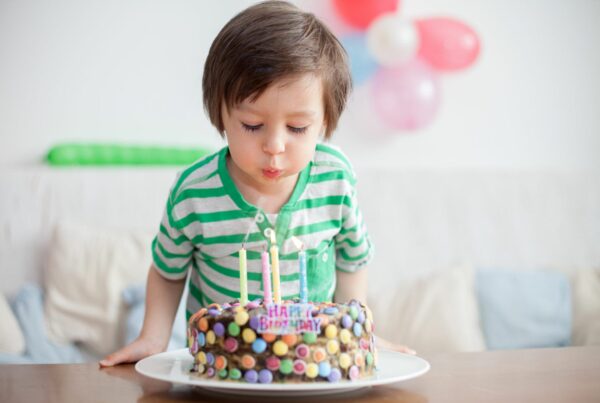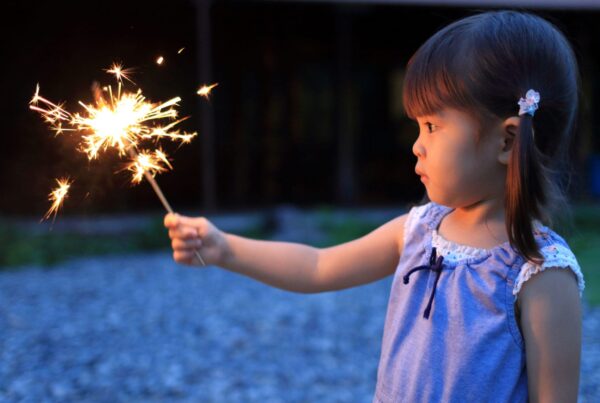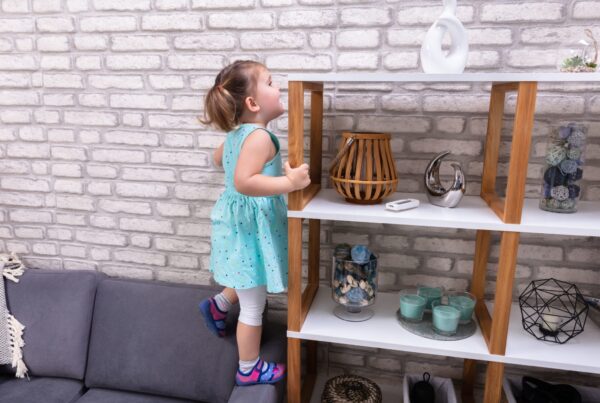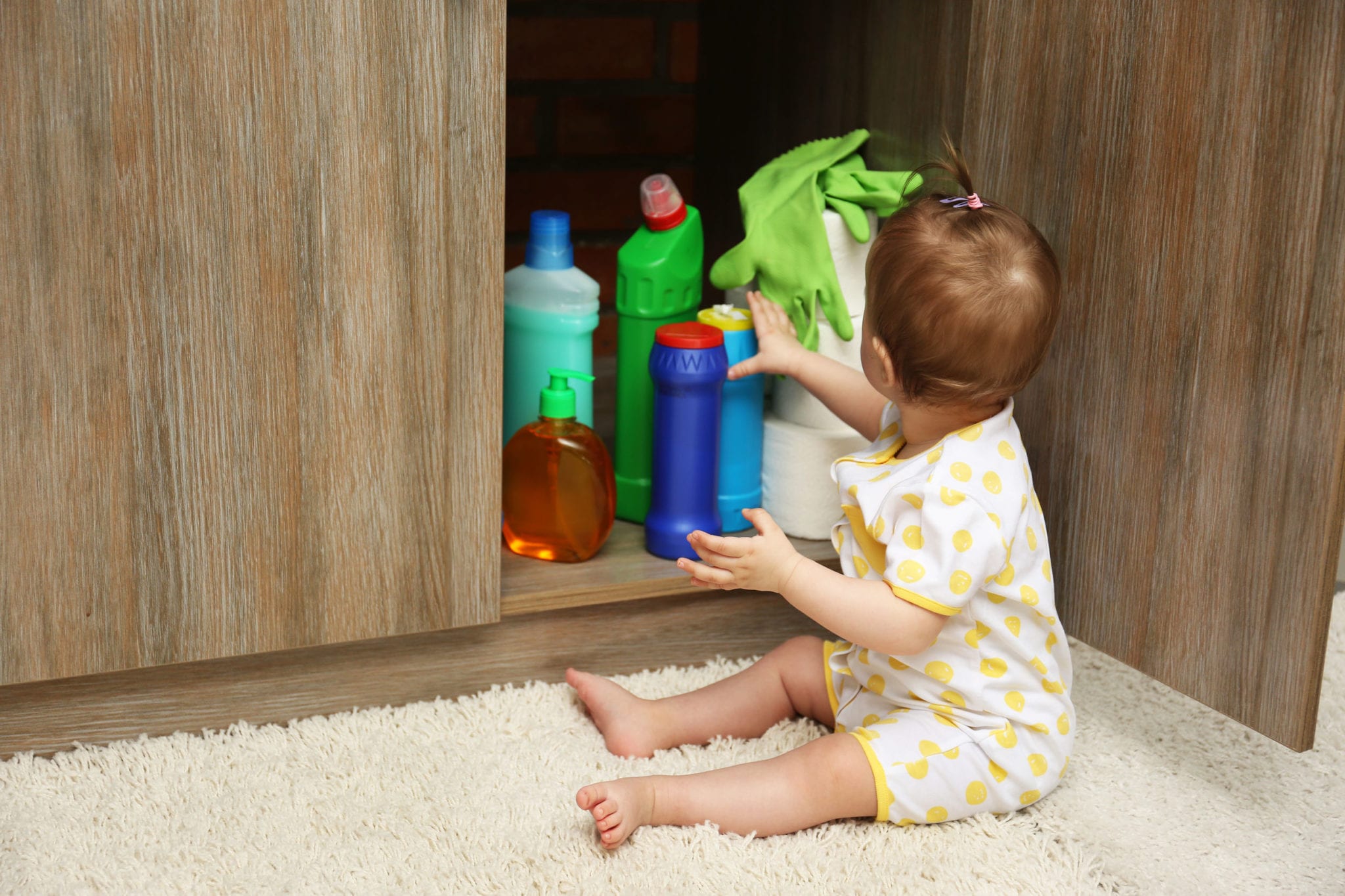
Summer is coming to an end, and school is starting back up. After the past five months of tense quarantine, the school year is offering parents a way to slowly bring their children back into society. While this is certainly something that makes many people happy, it’s not a completely risk-free course of action.
Kids who haven’t been able to play with others in months are now back in contact with others. It’s completely understandable that these kids might be feeling a little reckless after so long cooped up. Being a kid involves some accidents, and the current national situation may have exacerbated this tendency.
The problem with accidents caused by kids is the question of liability. After a child damages property or causes an accident, there’s the risk of criminal liability for someone. In some cases, this liability may fall on the parents for allowing the accident or damage to occur. Here’s a guide on when you may be liable for your children’s actions.
Why Parents May Be Liable for Their Children’s Behavior
Texas has a set of statutes known as the Family Code, covering laws surrounding families, custody, and more. This code outlines a significant number of legal obligations, responsibilities, and liabilities in the family sphere. One particularly important part of the Family Code is in chapter 41, which covers liability.
Texas Family Code and Parental Liability
Specifically, this statute specifies that “a parent or other person who has the duty of control and reasonable discipline of a child is liable for any property damage” caused by a child under the age of 18. This is because these children are by definition not yet legal adults, and are rarely tried as adults for things like accidents.
Instead, the parent or parents are liable for many kinds of property damage or accidents caused by their underage children.
Why Texas Holds Parents Liable
Parents are legally bound to care for their children, to represent them in legal matters, and to enact “reasonable discipline” to guide their actions.
If a child is damaging property while underage, then it is seen as the fault of the parents for not guiding the child more effectively. As a result, Texas law holds parents liable for some consequences of their child’s behavior.
When Are Parents Liable for Damage Caused by a Child?
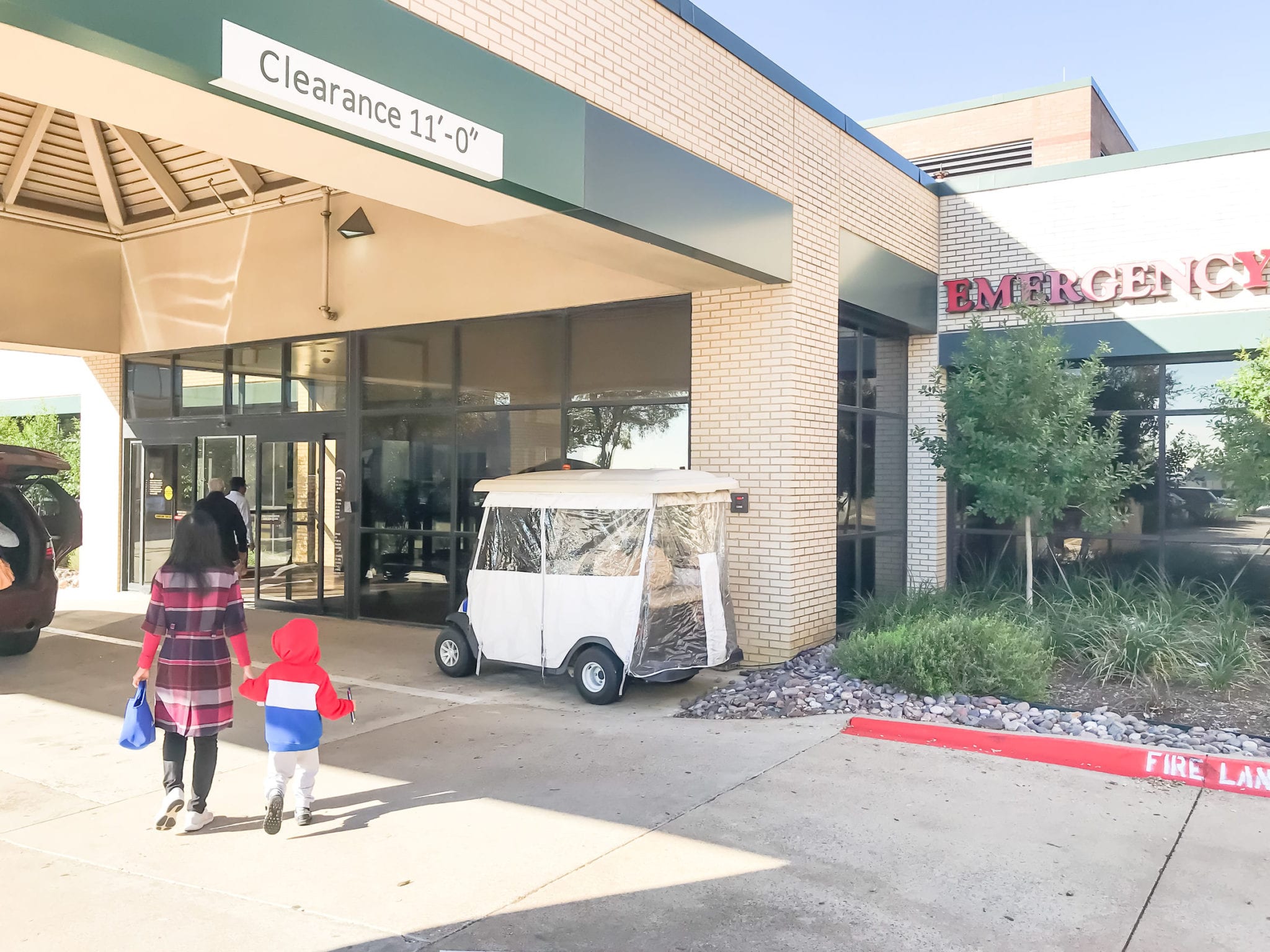
The same law which covers parental liability also outlines when a parent is responsible for their child’s actions. Not every action taken by a child reflects on the parent. Texas law acknowledges this and specifies when a parent can be held liable.
When a Child’s Negligent Act Can Be Attributed to a Parent’s Failure to Act
The first circumstance when a parent may be held liable is when the child acts negligently and this negligence can be attributed to a parent failing to act responsibly. This part of the statute covers children of any age as long as they are still legal minors.
If a child is acting carelessly and knocks over a display case in a grocery store, for example, their parent is likely to be held liable.
The exception is if it can be proven the parent was not being negligent themselves. If the parent was doing their best to prevent the child from acting this way, then the parent is not held liable for the results.
When a Child Age 10 to 17 Willfully and Maliciously Damages Property
The second circumstance only applies to children between the ages of 10 and 17. If a child in this age range “willfully and maliciously” damages someone else’s property, the parent is liable for this damage.
This age range is seen as old enough to know better, essentially. If the child purposefully damages someone else’s property between these ages, it is seen as a failure of the parents’ guidance.
When Is Someone Besides a Parent Held Liable?
The law states that the person liable is a parent or another person who has a duty to control and discipline the child. If the child is under the care of someone besides the parent, such as a grandparent, a camp counselor, or anyone else with the authority to discipline the child, then that other person is the one who is liable.
On the other hand, if parents know that their child is prone to acting out or attempting to damage property, they are expected to warn other caretakers.
Failing to inform the child’s other caretakers is considered negligent because then the other people cannot take action to prevent the child’s negative behavior.
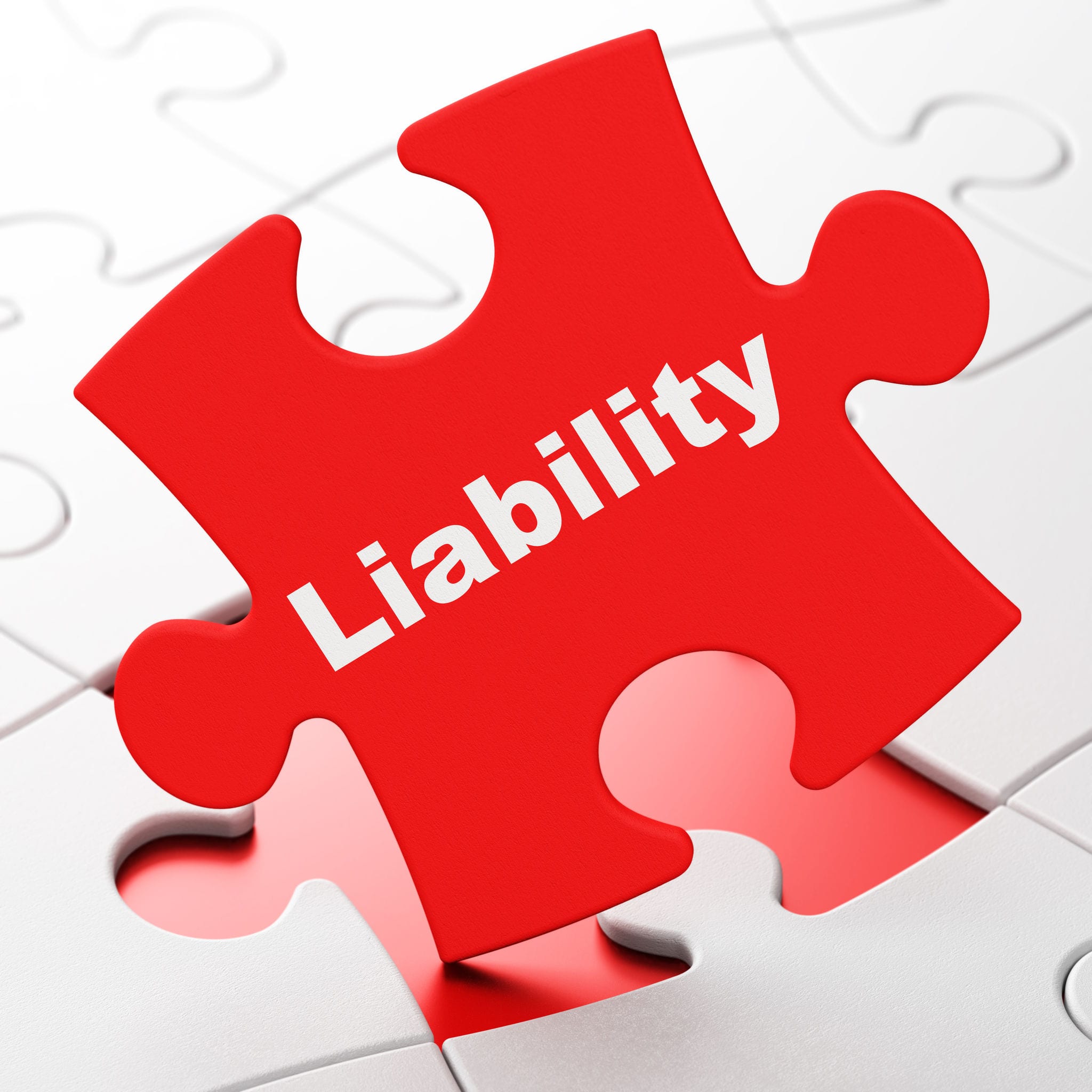
The reopening of schools is giving kids plenty of opportunities to burn off steam. Parents just need to be aware that they can be held liable for the ways their kids choose to release excess energy. By keeping an eye on your children’s behavior, you can avoid being held criminally liable for property damage.
About the Author:
After getting his Juris Doctor from the University of Houston Law Center, Jeff Hampton began practicing law in Texas in 2005. Before joining the Fulgham Hampton Law Group, he worked as a prosecutor for the Tarrant County District Attorney’s Office – experience he uses to anticipate and cast doubt on the arguments that will be used against his clients. Over the course of his career, he has helped countless Texans protect their rights and get the best possible outcome in their cases. He is Lead Counsel rated, has been named one of Fort Worth’s 3 Best DUI Lawyers, and his skill has earned him recognition from Avvo, Expertise, the National Trial Lawyers, and others.

